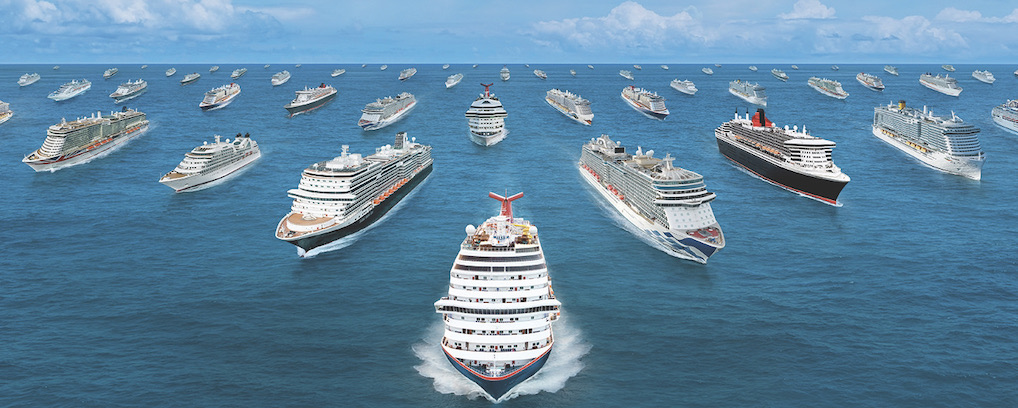
Earnings per share of $0.14 exceeded estimates, driving a rise in stock price.
Revenue fell short of expectations at $3.85 billion, but unprecedented demand for cruises boosted investor confidence.
Financial challenges persist with a high debt-to-equity ratio of 3.12, yet the earnings yield of 5.56% remains attractive.
Carnival Corporation (NYSE:CCL) is a leading cruise line operator known for its diverse fleet and global reach. The company offers a wide range of cruise experiences, catering to various customer preferences. Carnival competes with other major cruise lines like Royal Caribbean and Norwegian Cruise Line. Despite challenges in the travel industry, Carnival remains a key player in the market.
On December 20, 2024, Carnival reported earnings per share of $0.14 (non-GAAP), exceeding the estimated $0.06. This positive earnings surprise contributed to a rise in the company’s stock price, as highlighted by Investopedia. The better-than-expected profits, along with a positive outlook for future bookings, have bolstered investor confidence in the company.
Despite generating revenue of approximately $3.85 billion, which fell short of the estimated $5.94 billion, Carnival’s stock experienced a significant rally. This rally is driven by unprecedented demand for cruises, with bookings reaching all-time highs in both price and occupancy, as noted by MarketWatch. The strong demand suggests a sustained interest in cruise vacations, positively impacting Carnival’s stock price.
Carnival’s financial metrics provide further insight into its market position. The company has a price-to-earnings (P/E) ratio of approximately 18, indicating how the market values its earnings. The price-to-sales ratio of 1.45 shows investor willingness to pay per dollar of sales. Additionally, the enterprise value to sales ratio of about 2.66 reflects the market’s valuation of the company’s total worth relative to its sales.
However, Carnival faces some financial challenges. The debt-to-equity ratio is notably high at 3.12, indicating a significant reliance on debt financing. The current ratio of 0.29 highlights potential liquidity challenges in meeting short-term obligations. Despite these challenges, Carnival’s earnings yield of around 5.56% provides insight into the return on investment for shareholders.

